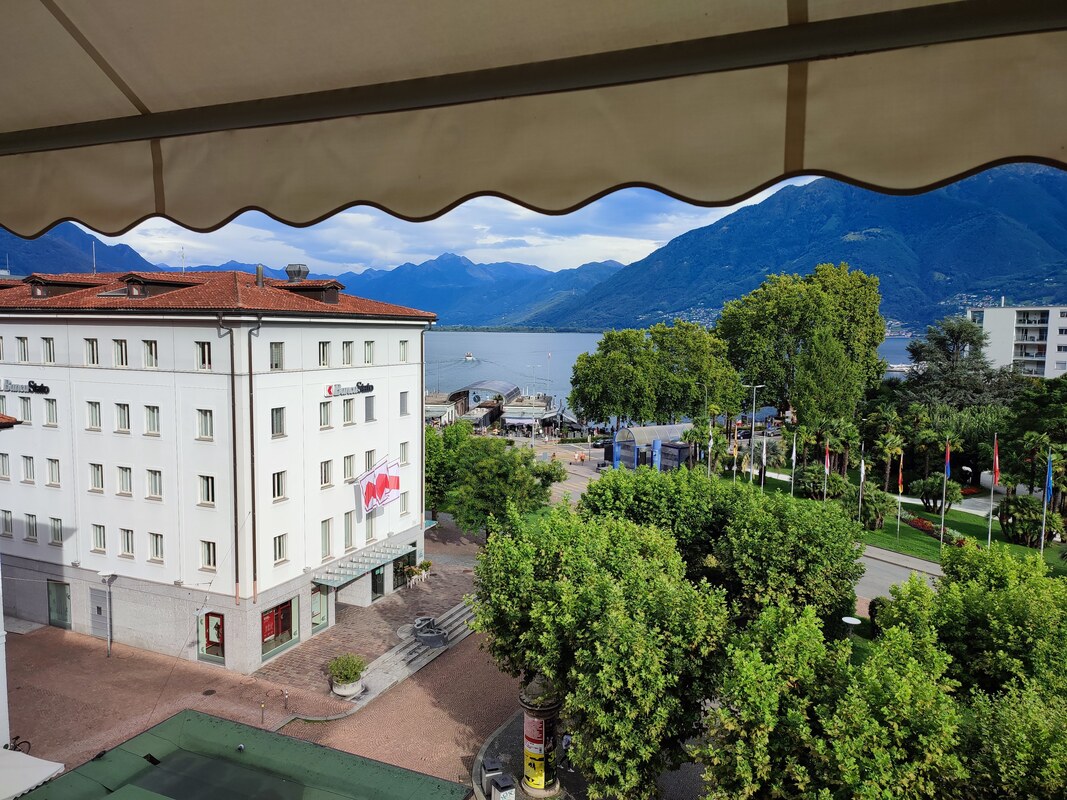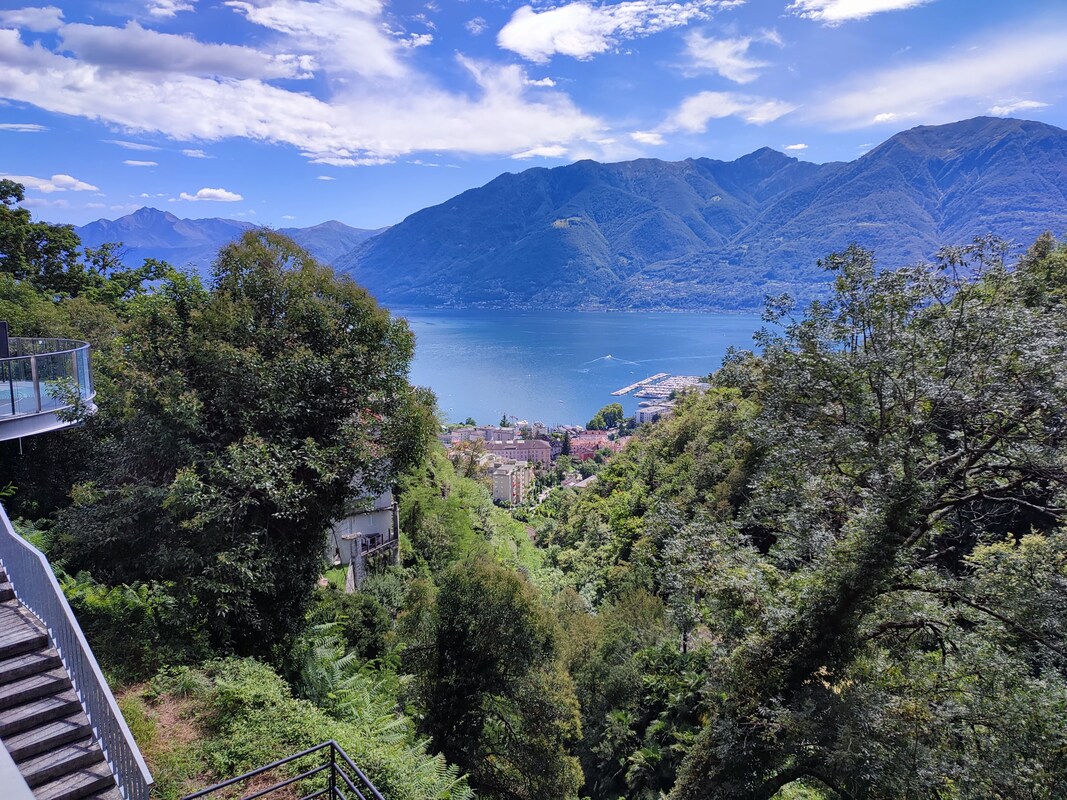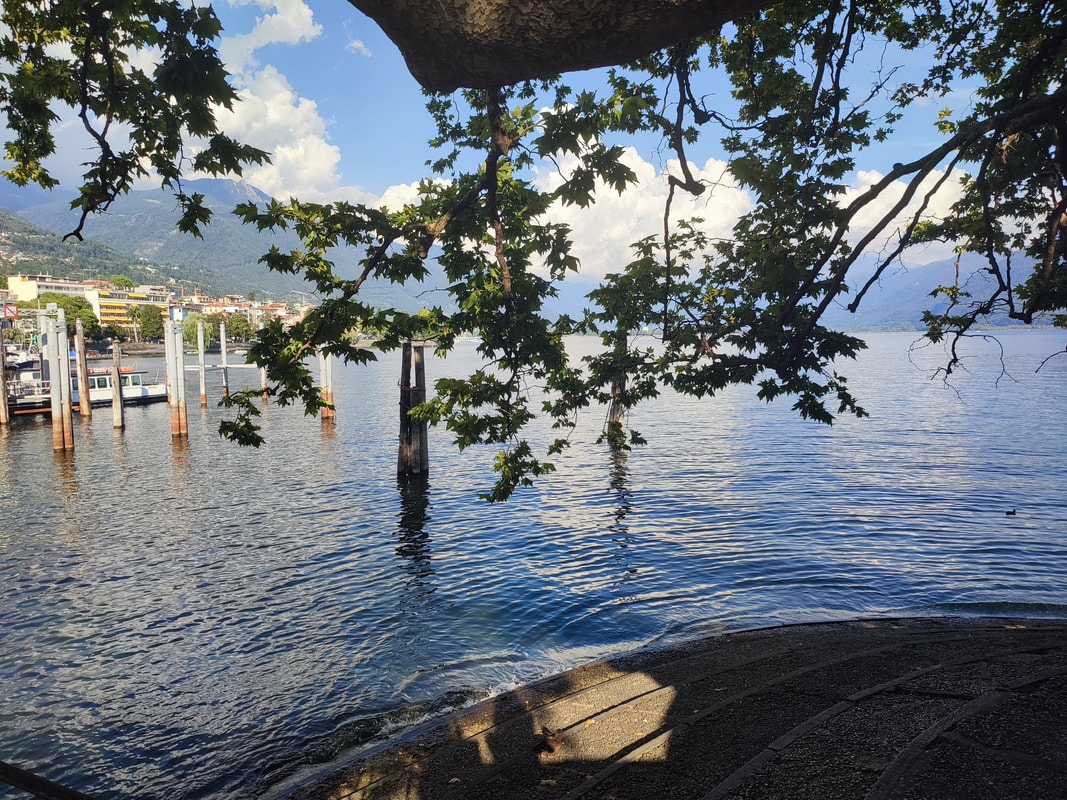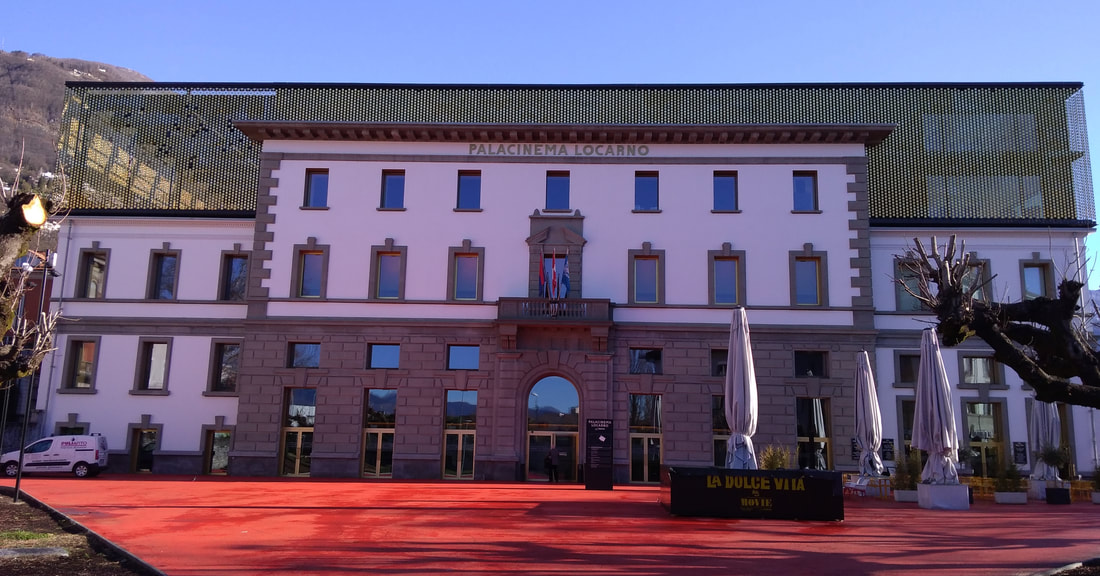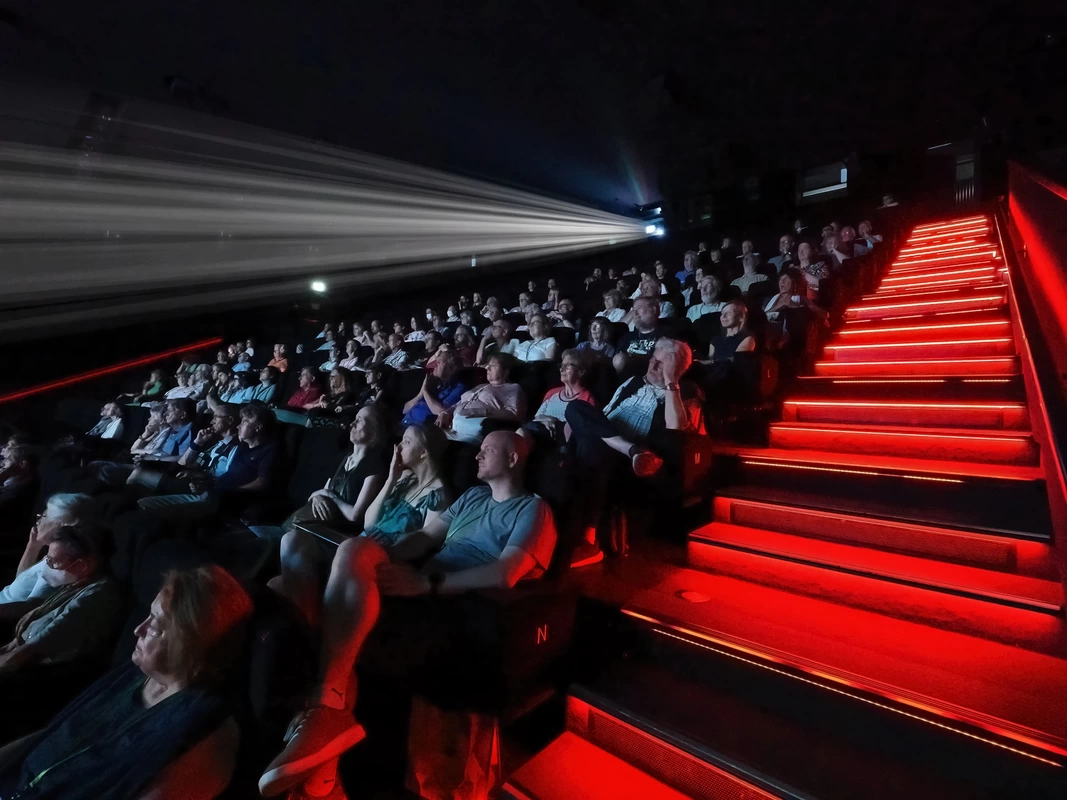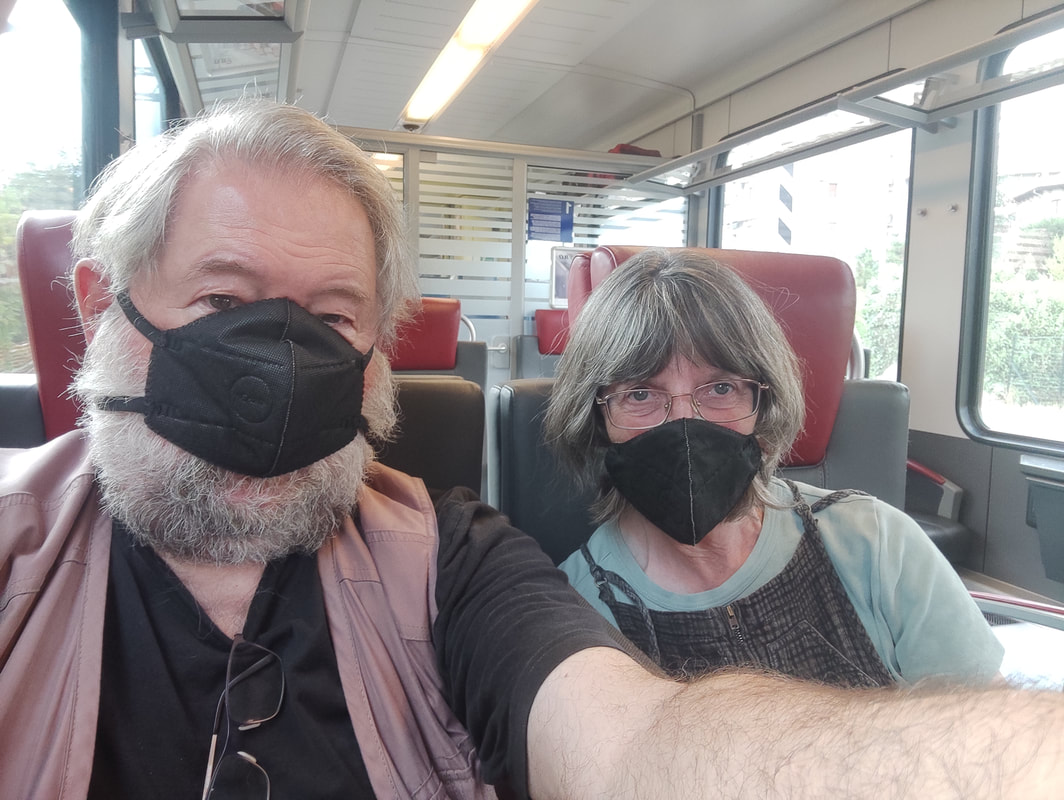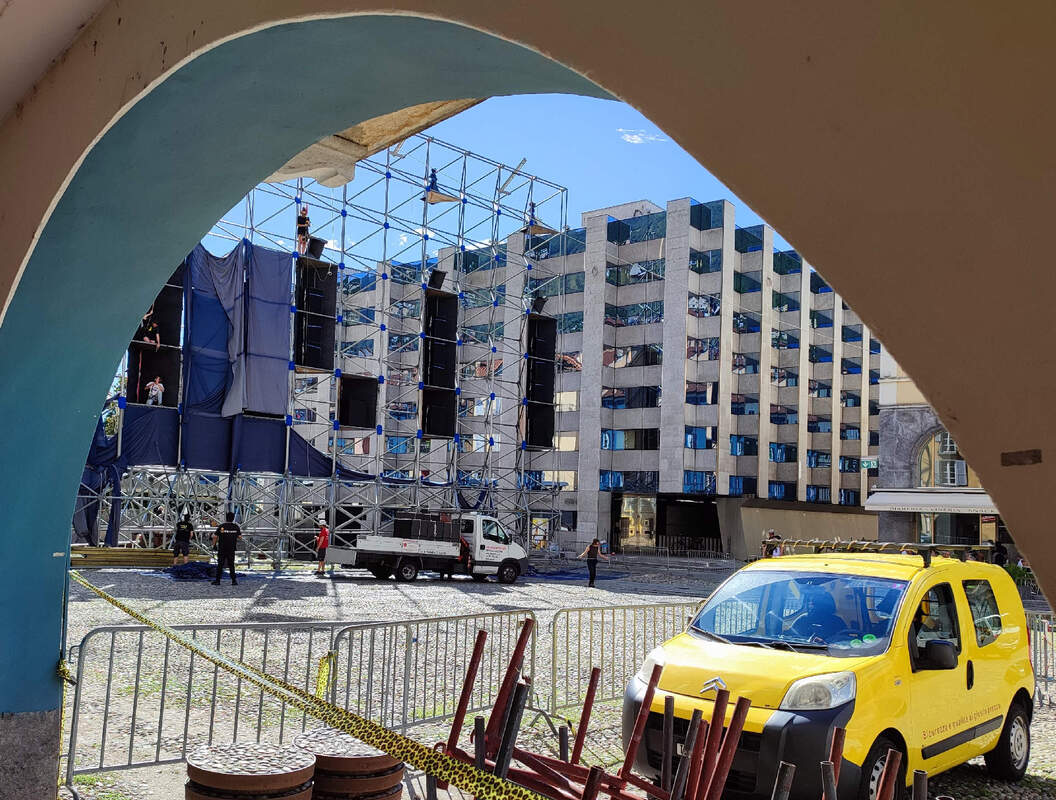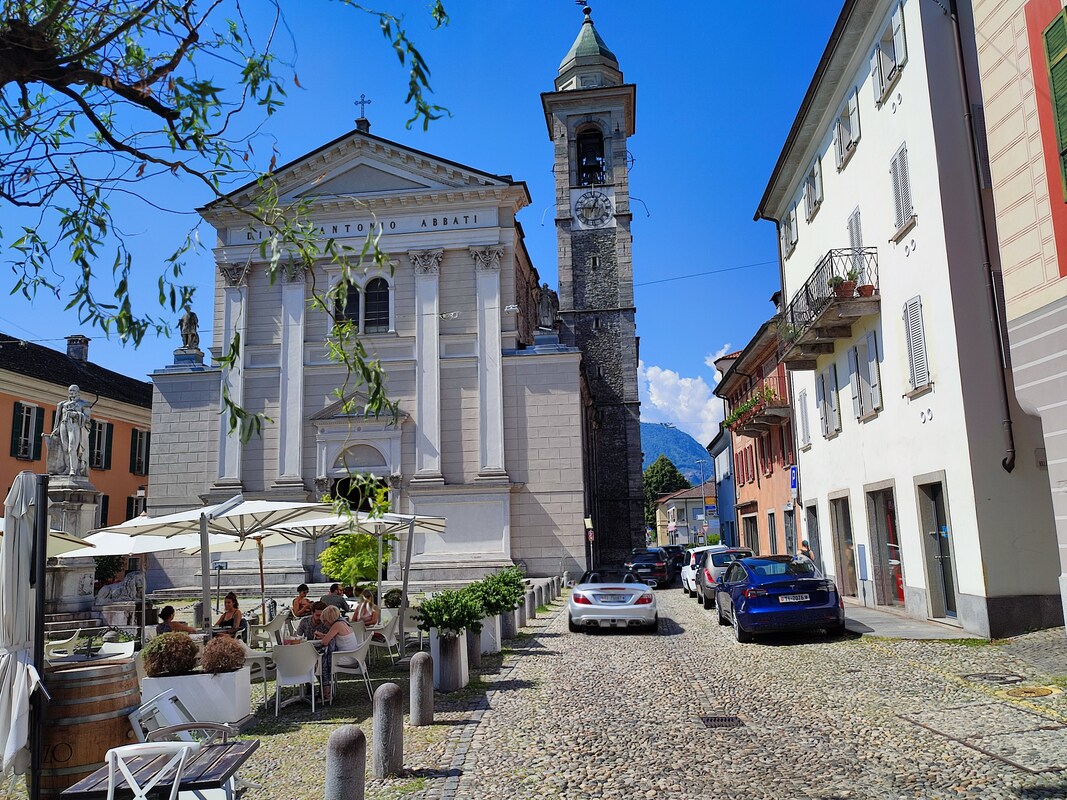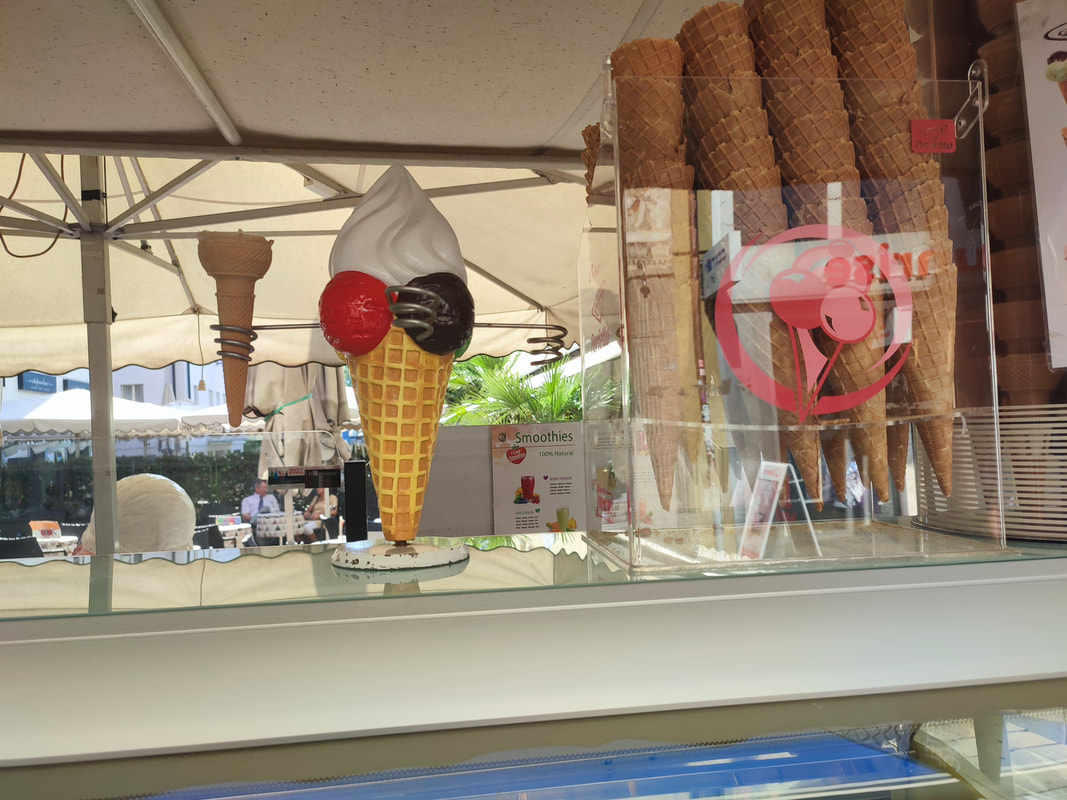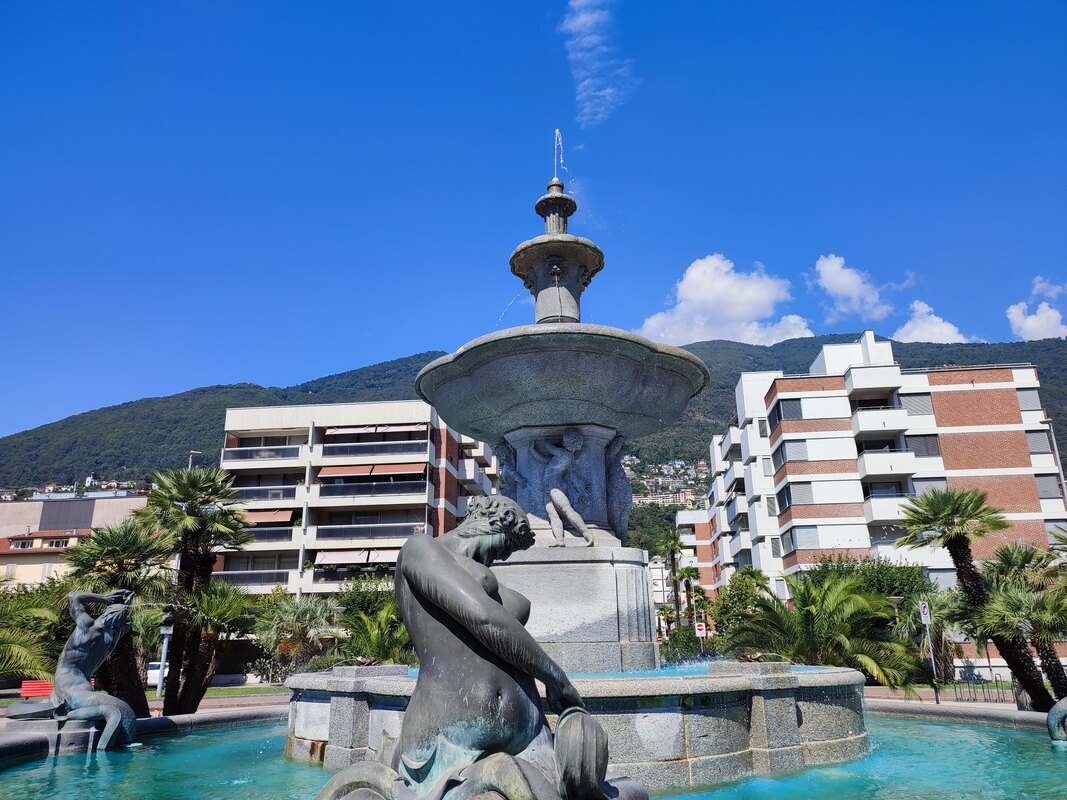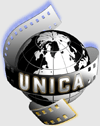UNICA 2022 - sun and fun
UNICA 2022 – the international congress and film contest between nations – was held in Locarno, Italian-speaking Switzerland. At the centre of it all were UNICA President, Rolf Leuenberger and his wife Marianne. He seemed to organise everything, she added the warmth and support that made visitors feel welcome and comfortable. Both had teams to help, but to my mind they were the prime drivers of the event.
It was marvellous to have a UNICA at all. After years of COVID lockdowns many people might have been nervous of international travel and attending a large indoor gathering. We were delighted to hear that 120 congress cards (tickets) had been sold. We would all have liked more film friends present, but it was a good start. The organising team managed to get the facilities of Locarno’s PalaCinema, with its excellent main theatre, restaurant and meeting rooms. They used the local Ticino Ticket deal to give attendees free travel on all public transport (bus, train, ferry) and discounts on many attractions. The city is lovely, packed with hotels and a campsite.
VENUE
Travel to Locarno had its problems. Motorists coming through the Gotthard Road Tunnel were subject to long delays to keep the tunnel safely ventilated. The closest international airports were at Milan and required a long train journey with a change of trains. But we have had similar issues at many UNICAs. Then there was the cost of living. Switzerland is rated third in the world, which translates as very expensive. A tourist town like Locarno is even more so. But it did not take long to seek out the major supermarkets which offered better prices for food.
Temperatures were in the mid-30s all the time. In the air-conditioned cinema and hotels that was not a problem. At the many al fresco dining places and exploring the streets it could be oppressive. But the country looked at its best, the architecture, mountains and the lakes sparkled.
Temperatures were in the mid-30s all the time. In the air-conditioned cinema and hotels that was not a problem. At the many al fresco dining places and exploring the streets it could be oppressive. But the country looked at its best, the architecture, mountains and the lakes sparkled.
SCHEDULE
The idea was to pack the national film programmes into three days, with a fourth at the end for the General Assembly (AGM), final jury decisions and prize giving. This aimed to reduce the costs and the “time off work” requirements for visitors. Those who wished to go on excursions enjoyed a day beforehand and two days afterwards seeing the area. In fact, 75 people went on the first post-event excursion and slightly fewer on the second one.
The tight schedule meant each country was restricted to 40 minutes and a maximum of 4 films. Screenings started at 9am with comfort breaks mid-morning and mid-afternoon. 90 minutes was free for lunch. We were in the cinema until 7pm. (The national programmes often finished earlier but short special film shows were added each day featuring local film makers or items of interest to film visitors.)
At 8.30pm each night the jury discussed every film seen that day. They spoke in German and simultaneous translation was offered in French and English. There was a short break during these discussions and the sessions ended around 10pm.
The tight schedule meant each country was restricted to 40 minutes and a maximum of 4 films. Screenings started at 9am with comfort breaks mid-morning and mid-afternoon. 90 minutes was free for lunch. We were in the cinema until 7pm. (The national programmes often finished earlier but short special film shows were added each day featuring local film makers or items of interest to film visitors.)
At 8.30pm each night the jury discussed every film seen that day. They spoke in German and simultaneous translation was offered in French and English. There was a short break during these discussions and the sessions ended around 10pm.
